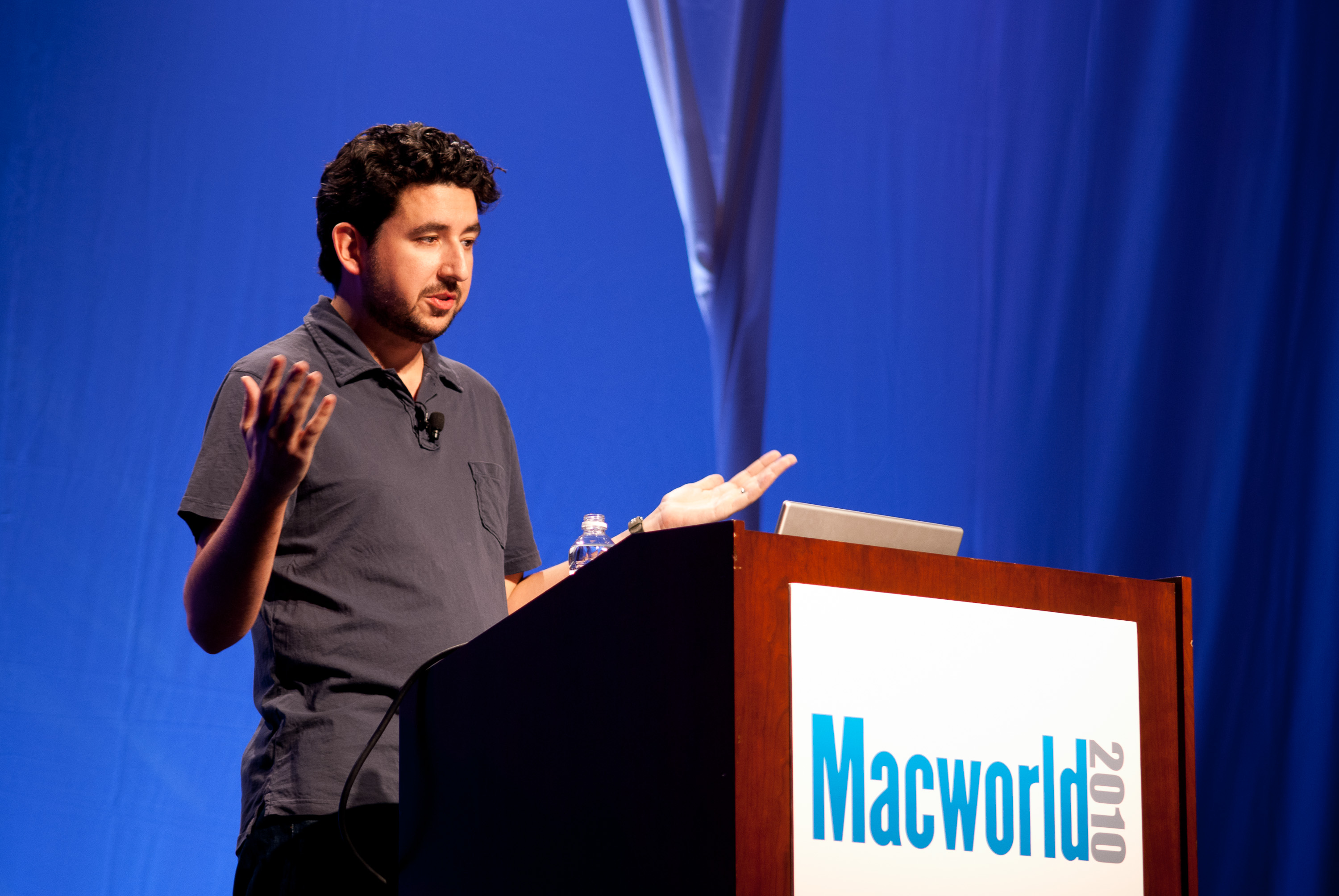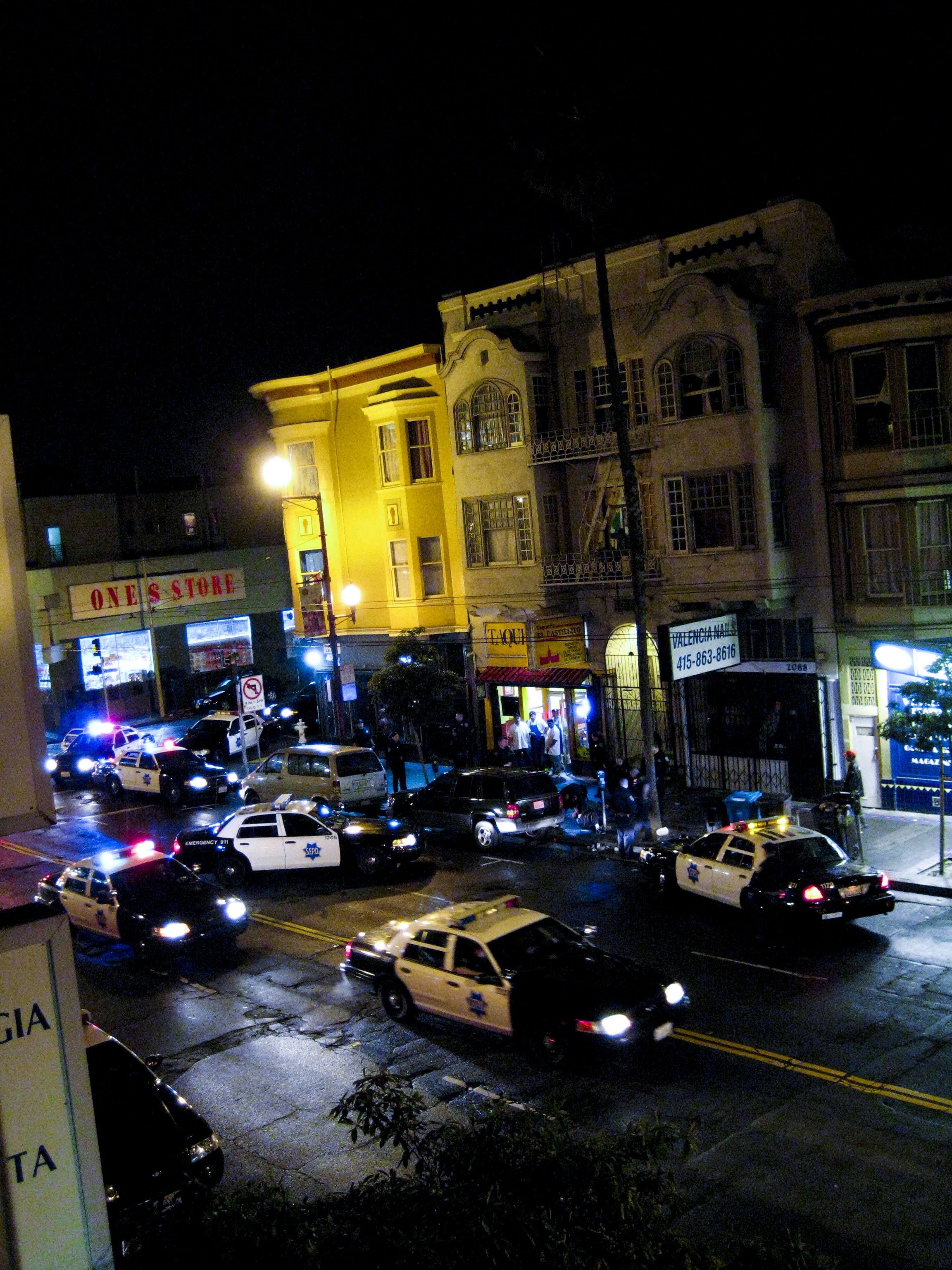My wife and I just returned home from watching “The Fifth Estate“. My problem isn’t the film but the trailer, which makes the movie look more like a political thriller. The film is nothing like […]
Category: Free Speech

This is How Free Speech Dies
“The foundation of Groklaw is over. I can’t do Groklaw without your input”, Pamela Jones writes today. “It really was a collaborative effort, and there is now no private way, evidently, to collaborate”.
She responds to recent revelations that the U.S. government reads your email: “The owner of Lavabit tells us that he’s stopped using email and if we knew what he knew, we’d stop too. There is no way to do Groklaw without email”.

Some Advice to the Washington Post's New Owner
Today, in the Guardian, former CIA analyst John Kiriakou accuses the Obama Administration of abusing the 1917 Espionage Act, claiming that “only 10 people in American history have been charged with espionage for leaking classified information, seven of them under Barack Obama”.
From Day One, the Obama Administration sought to plug any leaks. What’s said in the Oval Office stays in the Oval Office. That’s context for understanding the aggressive approach to whistleblowers. It’s philosophical. The current White House sees leaks as betrayals, so why not view whistleblowing as treason?

Free Pussy Riot!
Punk rock roared across the globe as I started college in the late 1970s. Punkers protested their disco-loving, Baby Boomer siblings as much as “The Man”. UK punkers tapped into deep frustration among a younger population struggling for identity and future in face of global economic uncertainty.
Punk music then is much different than now. Then it was a lifestyle choice rooted in rebellion. Today, for bands like Green Day, punk, and all its garnishments, is fashionable. Mascara, colored hair, and tattoos are about fitting in to a larger, accepted social group. The real energy behind bands like the Sex Pistols is gone.

‘The Social Network’ ignores the Network
On Friday, I wrote a review of “The Social Network“. Harvard law professor Lawrence Lessig did one better for The New Republic: “Sorkin vs. Zuckerberg—‘The Social Network’ is wonderful entertainment, but its message is actually kind of evil“. Lawrence is insightful as always, although he expects too much of the film’s writer and director. Nevertheless, he makes spot-on observations about what Facebook represents for future entrepreneurs like co-founder Mark Zuckerberg. The film is seemingly a morality tale about moral ambiguity. What’s lost is Zuckerberg’s ingenuity and the network that allowed it to flourish.

TechCrunch and Woot play to AP’s Weakness
Some people—heck, some organizations—have no sense of humor. Humorless perhaps best describes Associated Press, which apparently didn’t get Woot’s joke about owing money for a blog excerpt. TechCrunch’s MG Siegler put AP in its place today, that’s assuming there isn’t yet a nasty takedown-notice response coming.
Some quick background: About two years ago, AP decided that no one should excerpt its content without paying for it. The policy defies decades of journalist practices and fair-use laws. I could understand AP going after blocks of text, but no, it’s the little excerpts, too. Excerpt up to 50 words and AP expects you to pay $17.50; 100 bucks for 251 words or more. The approach is controversial, as it should be.

Blogging: Is Curation or Comments Better?
John Gruber has responded to my Saturday post at length: “I’ll Tell You What’s Fair.” John’s response is thoughtful and responsible, so much so I’m trying things his way. I challenged him to turn on comments at Daring Fireball, which clearly won’t happen soon, if ever. I don’t agree with all his reasons but see how he applies a writer’s mind to blogging. His writing is an artform.

Be a Man, John Gruber
If John Gruber allowed comments on his blog, I wouldn’t need to write this post, and it has been long-time coming. I considered writing it every time I read something outrageous at Daring Fireball but couldn’t directly respond because John doesn’t allow comments. Finally, this morning, I had enough.

Editors Shrewdly Handled Gizmodo-iPhone Drama Act II
The toughest challenge for any newsroom is being the story. How should editors report about the news when they’re it, particularly if there are legal matters? That’s exactly Gizmodo‘s situation, following a Friday night police raid of editor Jason Chen’s home. Gizmodo waited until Monday to post about the search and seizure of items from Jason’s home, which included four computers and two servers. Gizmodo has responded tactfully from editorial and legal perspectives.
Downfall’s Downfall
[vimeo https://vimeo.com/11086952]
If you can view the video clip above, Vimeo has not been compelled to take it down. Gulp, yet. The clip, using new subtitles, is from “Der Untergang“—”The Downfall: Hitler and the End of the Third Reich”. I rented the captivating German film from Nextflix in August 2005. In the original scene, Hilter learns that he has lost the war. Its revision is one of the most successful and visible Internet memes of the last half decade. The scene has been repeatedly parodied, replacing the subtitles so that Hitler rages about something else.
'Damn Gizmodo'
Did you really need to publicly shame the poor guy with his full name and photo? Don’t you think he feels bad enough already? Did that really add anything to the story? You just took […]

Hacker Commandos
Looks like Orthodox Jewish hackers are replacing porn with pictures of Rabbi Menahem Mendel Schneerson. Dubbed “sex commandos”, they place text, “we, the Da-Net group, have hacked into this site and erased all its abomination”, […]